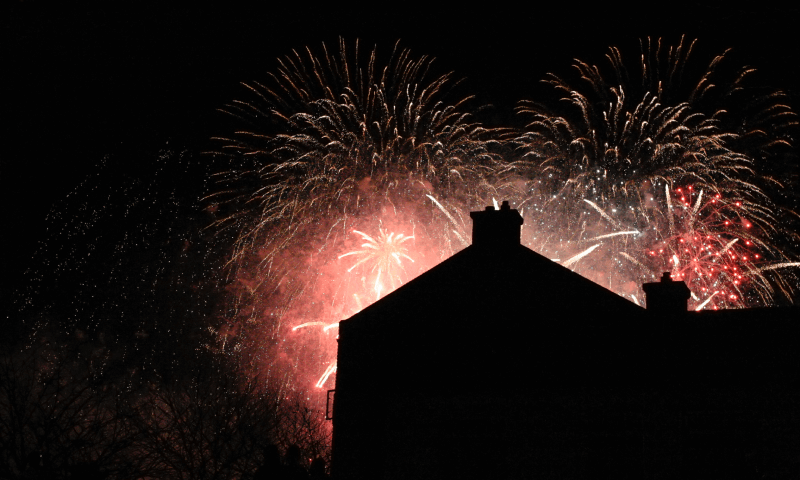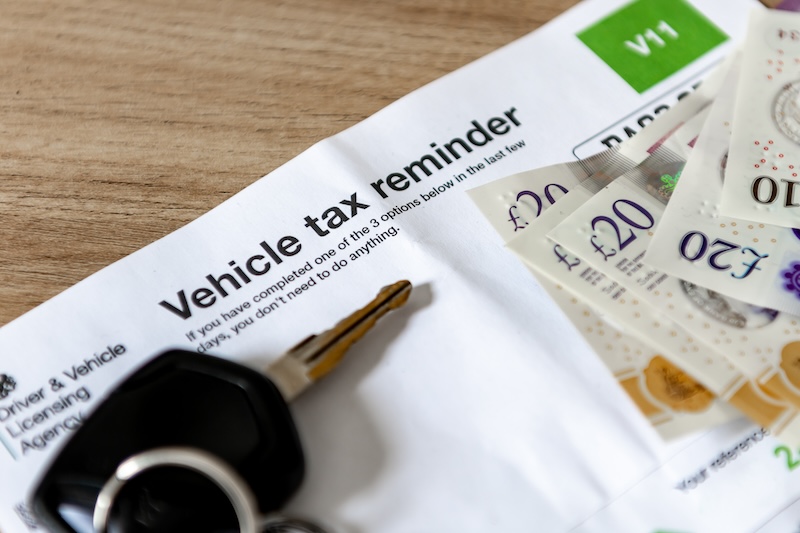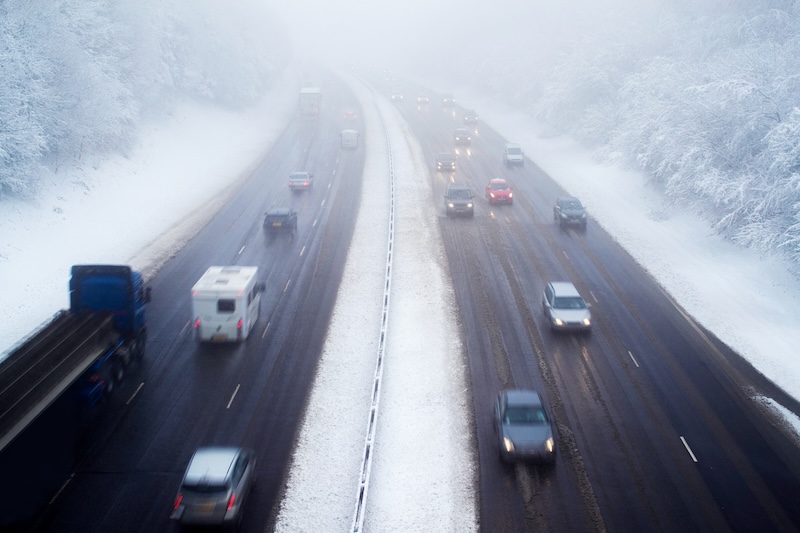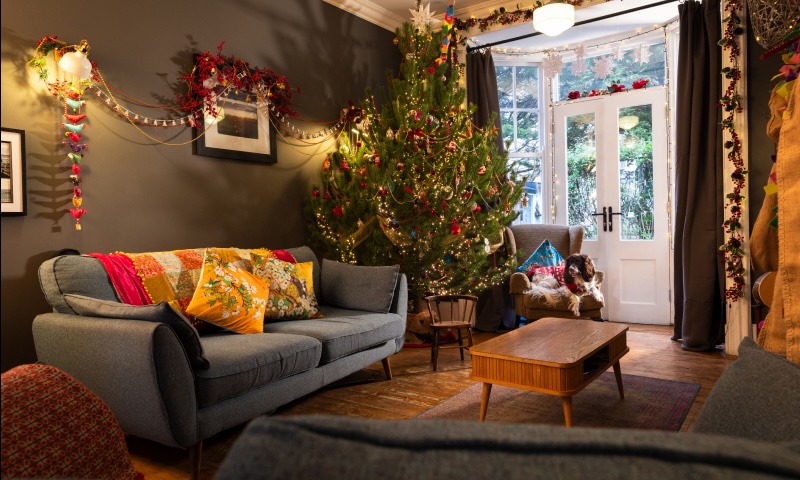Bonfire and fireworks safety tips | 1st Central

Fireworks and bonfires can be a lot of fun, but it’s important to handle them safely to avoid accidents. Here are some essential safety tips to ensure everyone has a safe and enjoyable time.
Fireworks and uncontrolled bonfires can cause significant damage to homes if not handled properly. Here are some potential risks:
- Fire damage: Fireworks and bonfires can easily ignite nearby structures, leading to house fires. This can result in extensive damage to the property, sometimes costing tens of thousands of pounds to repair1.
- Smoke damage: Even if a fire doesn’t spread to the house, smoke from fireworks or bonfires can cause damage to the interior and exterior of the home. Smoke can stain walls, ceilings, and furniture, and the smell can be difficult to remove.
- Explosive damage: Fireworks that malfunction or are improperly used can explode unexpectedly, causing damage to windows, roofs, and other parts of the house. This can also pose a serious risk to anyone nearby2.
- Heat damage: The intense heat from a bonfire can warp or melt nearby materials, such as vinyl siding, plastic gutters, or garden furniture.
- Debris damage: Falling debris from fireworks can damage roofs, gutters, and other parts of the home. This can lead to leaks and other structural issues if not promptly addressed.
- Legal and financial consequences: If a firework or bonfire causes damage to a neighbour’s property, the homeowner could be held liable for the damages. This could result in costly repairs and potential legal action3.
To minimise these risks, it’s crucial to follow safety guidelines and local regulations when using fireworks and bonfires. Always keep a safe distance from buildings, have fire extinguishing tools nearby, and never leave a bonfire unattended.
Fireworks safety tips
- Buy fireworks from reputable sellers: Always purchase fireworks from licensed retailers to ensure they meet British safety standards.
- Follow the instructions: Read and follow the instructions on each firework carefully. Each type of firework has specific guidelines for safe use.
- Keep a safe distance: Spectators should stand well back from where the fireworks are being set off. A minimum distance of 5 metres is recommended.
- Light fireworks one at a time: Only one person should be responsible for lighting fireworks, and they should do so one at a time, using a taper or a long-handled lighter.
- Never go back to a lit firework: If a firework doesn’t go off, don’t return to it. It could still be live and might go off unexpectedly.
- Keep pets indoors: Fireworks can be very frightening for pets. Keep them indoors and provide a safe, quiet space for them.
Bonfire safety tips
- Build your bonfire away from buildings and trees: Ensure your bonfire is built at a safe distance from houses, sheds, fences, and trees to prevent accidental fires.
- Never use flammable liquids: Do not use petrol, paraffin, or other flammable liquids to start or fuel your bonfire.
- Supervise the bonfire at all times: An adult should always be present to supervise the bonfire. Never leave it unattended.
- Keep a bucket of water or a hose nearby: In case of emergencies, have a bucket of water, sand, or a garden hose ready to extinguish the fire.
- Wear appropriate clothing: Avoid wearing loose clothing that could easily catch fire. Opt for fitted, non-flammable materials.
- Extinguish the bonfire properly: Once the event is over, make sure the bonfire is completely extinguished. Pour water over the embers and stir them to ensure they are fully out.
General safety tips
- Attend organised displays: If possible, attend a professionally organised fireworks display. These events are usually safer and more spectacular.
- Be considerate of neighbours: Let your neighbours know if you plan to have a bonfire or set off fireworks, especially if they have young children or pets.
- Follow local regulations: Check your local council’s regulations regarding fireworks and bonfires. Some areas may have specific rules or restrictions.


